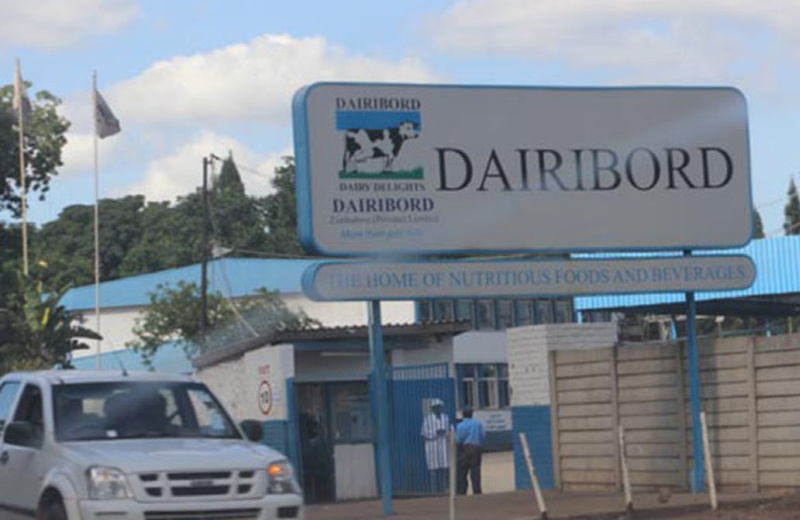India contributes US$1 million to benefit smallholder farmers
Farmers will be trained on the advantages of growing drought-tolerant crops such as sorghum or millet India has contributed almost US$1 million to the United Nations World Food Programme (WFP) in Zimbabwe to strengthen the resilience and capacity of 5200 smallholder farmers in Chiredzi and Mangwe.
The contribution is being provided through the India-UN Development Partnership Fund.
WFP Zimbabwe will together with implementing partners provide expertise through its Smallholder Agricultural Market Support (SAMS) programme, to strengthen the resilience and capacity of the selected smallholder farmers.
WFP will collaborate with the Food and Agriculture Organisation, the Ministry of Lands, Agriculture, Fisheries, Water and Rural Resettlement, and the Department of Agricultural Technical and Extension Services (Agritex).
The project will promote production of drought-tolerant small grains and legumes, reducing the negative effects of recurring droughts in Zimbabwe and also help farmers access markets.
In a statement today the WFP said India played a key role in promoting the adoption of 2023 as the year of millet by the United Nations.
This funding highlights India’s growing contributions to the Global South on efforts towards strengthening resilience to climate change.
United Nations Office for South-South Co-operation, director Mr Adel Abdellatif, said the contribution will ensure social protection and resilience of smallholder farmers.
“Smallholders and family farmers are emblematic of the Global South, and of the challenge to ensure the Agenda 2030 benefits all, including the developing world’s rural and underprivileged communities. Innovations to ensure the social protection and resilience of smallholder farmers abound, with India being a distinct leader developing
new and context-appropriate practices to mitigate rural poverty.
“This project is focused on increasing small grains production and market access. It will provide a good opportunity for successful Southern practices to be tested and scaled, improving the lives of rural Zimbabweans,” Mr Abdellatif further added.
India’s Ambassador Vijay Khanduja said he believed the 2030 Agenda adopted at the UN, forms the basis for global action to achieve sustainable development.
“In 2017, the Government of India, in collaboration with UN Office of South-South Cooperation, set up an India-UNDPF, to help countries in the South to achieve their sustainable development goals.
“India and Zimbabwe have friendly relations and I wish this project of climate change mitigation to be an example of successful triangular cooperation,” he said.
WFP Zimbabwe country director and representative, Ms Francesca Erdelmann said the contribution would help WFP and partners on the ground to plan more effectively.
“Farmers will be trained on the advantages of growing drought-tolerant crops such as sorghum or millet, including techniques on how to reduce post-harvest losses. This contribution will go a long way in empowering farmers with the skills needed for sustainable climate-smart agriculture,” she added.
The WFO and its partners have between 2020-2021, 60 000 smallholder farmers across 30 rural districts through small grain production activities in Zimbabwe with 70 percent of them being female-headed households.-herald.cl.zw









